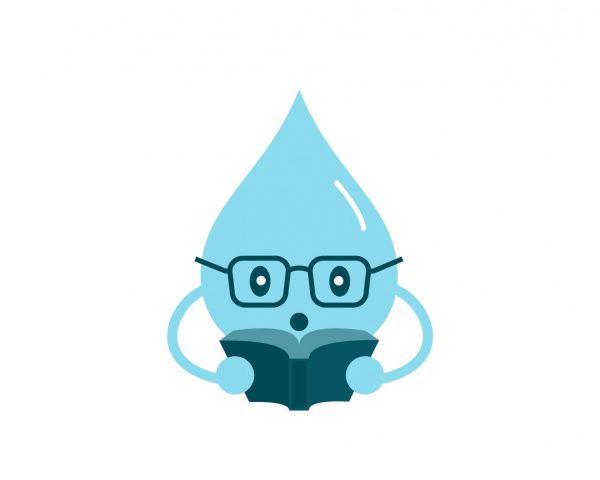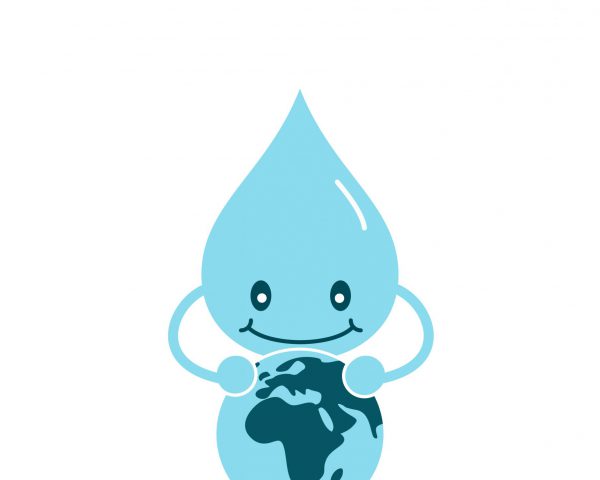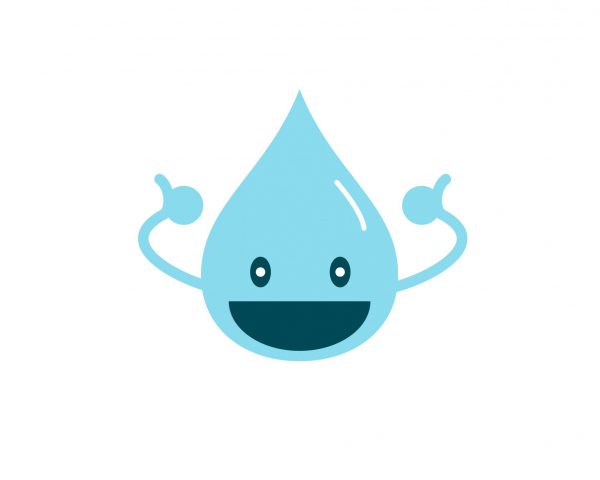Questions about the health aspects of tap water
Which agency is in charge of our tap water and how do they control it?
The German Ministry of Health (BGM) is in charge of keeping our water clean, and works together with the German environmental agency (UBA). The quality of our tap water is regulated by the tap water ordinance (Trinkwasserverordnung). In this regulation, you’ll find various parameters that must be fulfilled, as well as regulatory limits for the contents of our tap water to make sure that our tap water is always fulfilling the highest quality standards.
How reliable are the regulatory limits?
The regulatory limits defined in the Trinkwasserverordnung are scientifically backed and are constantly updated and monitored. It may happen that the limits are exceeded, because of poor maintained in-house water conduits. In-house water conduits do not fall under the authority of the BGM or your water supplier.
What about lead pipes? Could they pollute my tap water?
The regulatory limit for lead in our water is very low, to make sure that we don’t get lead poisoning. Back in 1970, it was normal to use lead pies in Germany. In 2013, the limit for lead in our tap water has been set to 0.010mg per liter of water. Ever since, it is illegal to to use lead pipes. Your landlord or your property management is legally obliged to notify you if your apartment or house uses lead pipes for your tap water. And we’re about about it: The lead in your tap water is highly dangerous for unborn children, babies and toddlers and may cause chronic complaints or even illnesses. (For more info, see UBA)
Mineral (bottled) water or tap water – Which one is being monitored better?
Our tap water ordinance (Trinkwasserverordnung) sets 56 regulatory limits for different water ingredients, whereas bottled water only has 16. Bottled water does not have to be regularly tested for pesticides, nitrate or uranium.
Can I get Corona (COVID-19 / SARS-Cov-2) from tap water?
Can I avoid taking the (anti baby) pill, because tap water has enough hormones in it?
It is safe to drink tap water in Germany. The concentration of hormones and medications in our tap water is so low that you’d have to drink 10 liters (2.6 gal) every day for a hundred years to effectively take a single anti baby pill. In conclusion, there is no risk to your health. It is more important for us to be mindful of how we take and dispose of our medication(s), to make sure that we can sustainably keep our high water quality. If you’d like to know more about this, watch our Better Water Video about medicines.
I heard about a nitrate problem, because too much fertilizer is being used. Is this related to our tap water?
The German regulators have set a strict rule of having a maximum nitrate concentration of 50mg per liter of tap water. If that value is exceeded, it may become a heatlh risk for humans, because it is assumed that nitrate may cause cancer. Our tap water’s quality is regulated by the Trinkwasserverordnung (tap water law/ordinance) to ensure that the amount of nitrate is never exceeded, but in some parts of Germany it proves difficult to reach it for the water suppliers. As of today, we are ingesting more nitrate through our food than through tap water. Nonetheless, the amount of fertiziler being used should be reduced to ensure that we can keep our high water quality in the future. You’ll find more details about this in the Nitratbericht by Germany’s federal government and at the Competence Center for Nutrition.
Do I get enough minerals and nutrients from tap water?
We ingest most of our minerals and nutrients through our food. However, tap water still is a great health supplement, because it includes important minerals such as magnesium, calcium, potassium and sodium. In fact, the tap water in many parts of Germany even has more minerals than bottled water – and if you don’t believe us: Take a look at the ingredients table of the bottled waters with the one of your local water supplier.
Funding number: 03KE0071 / project duration: 01.05.2019 to 30.04.2022




